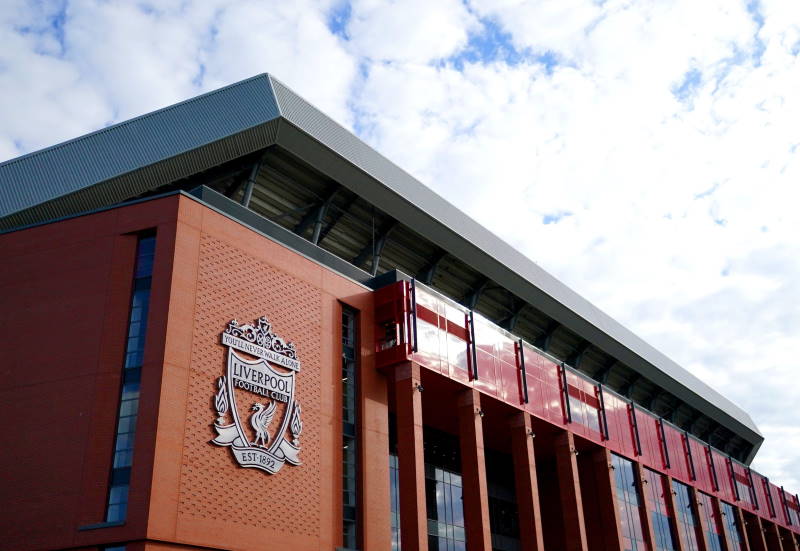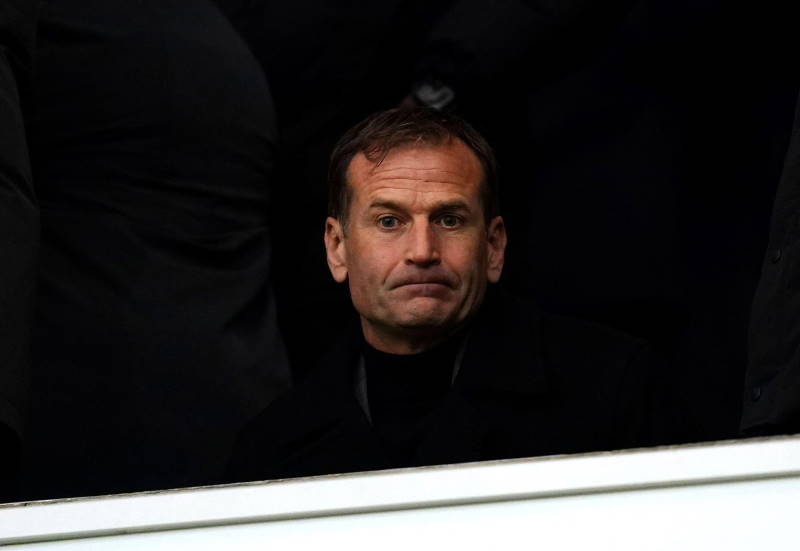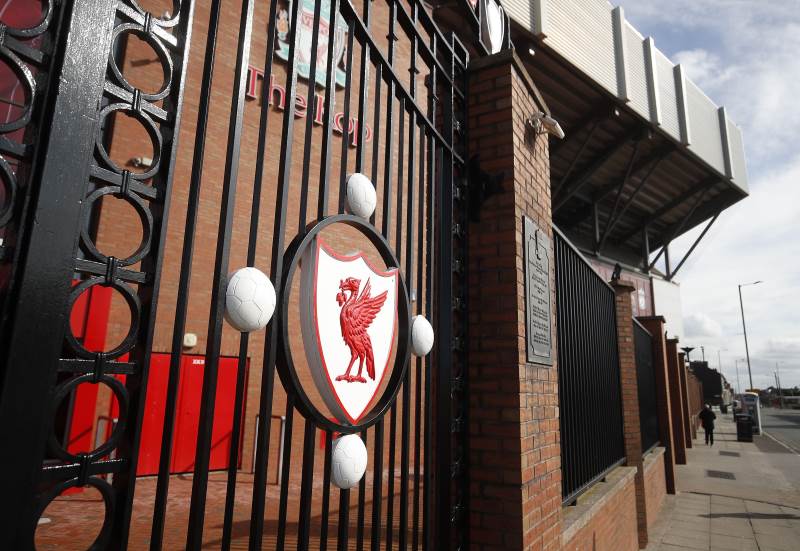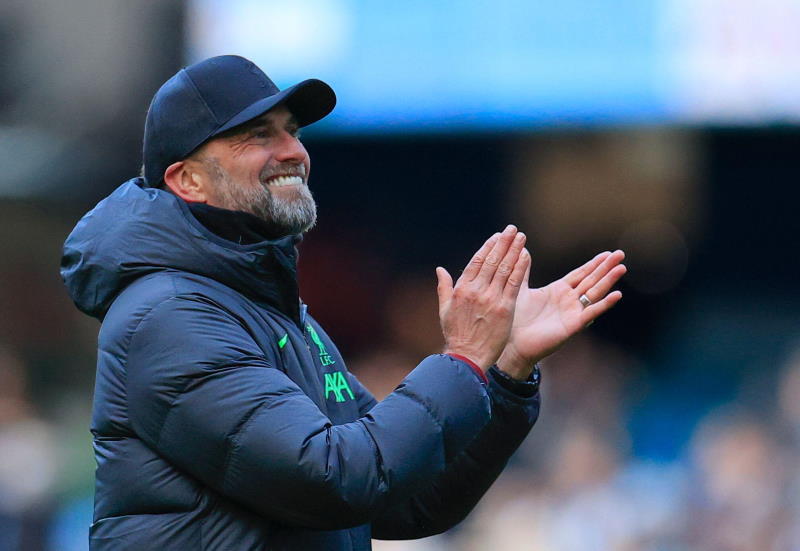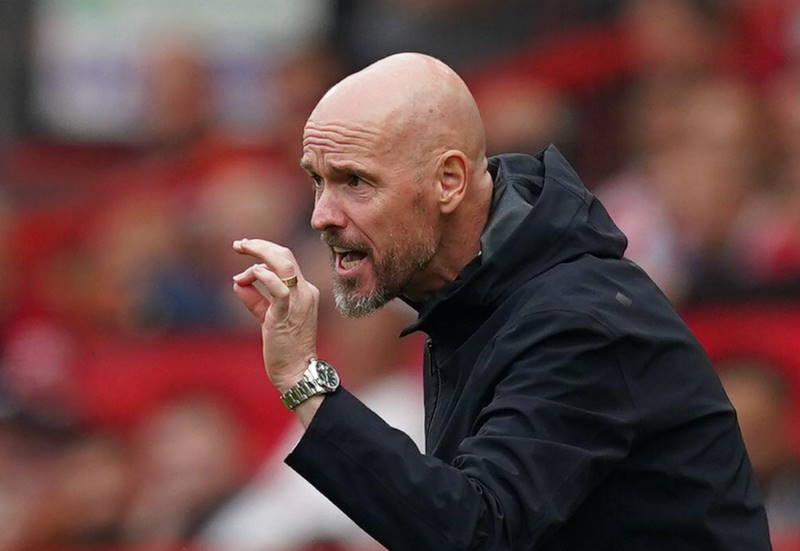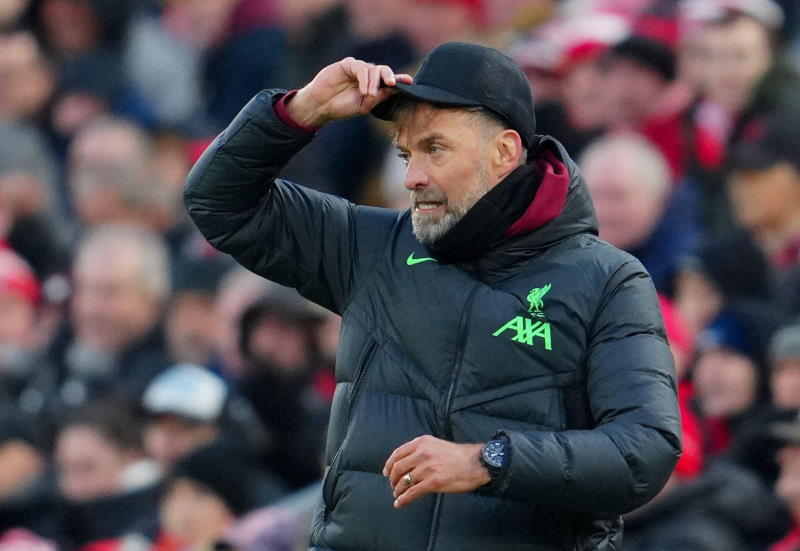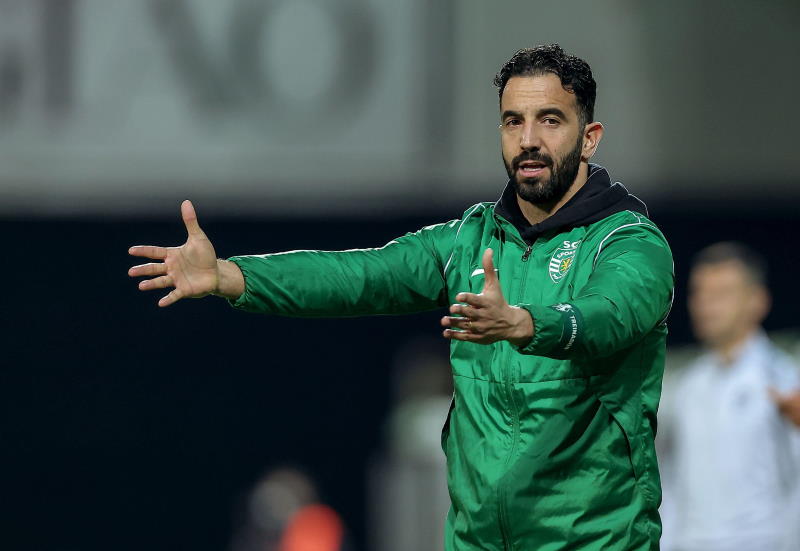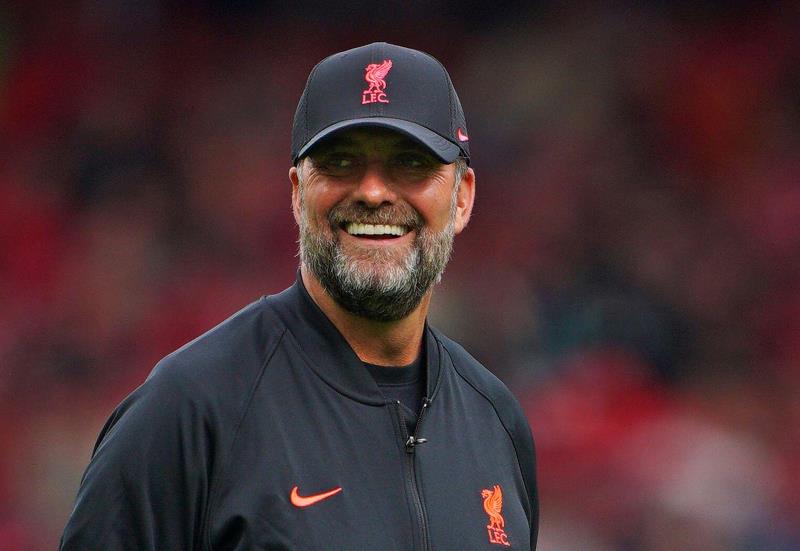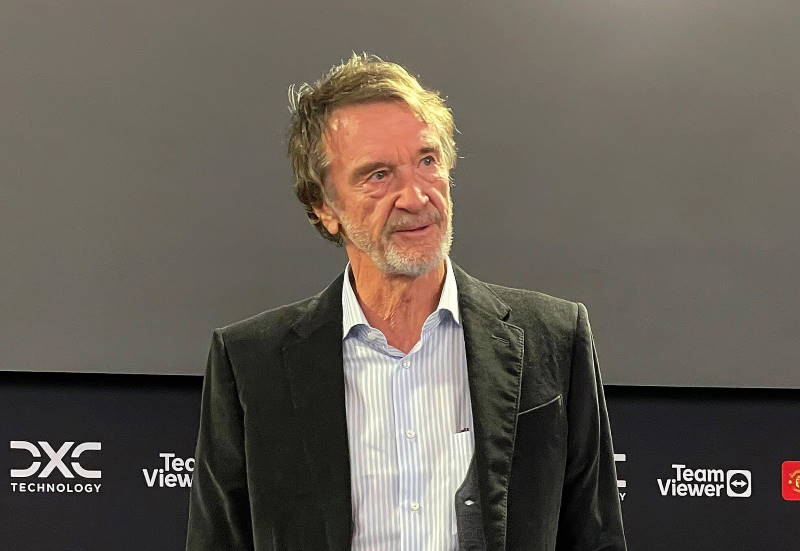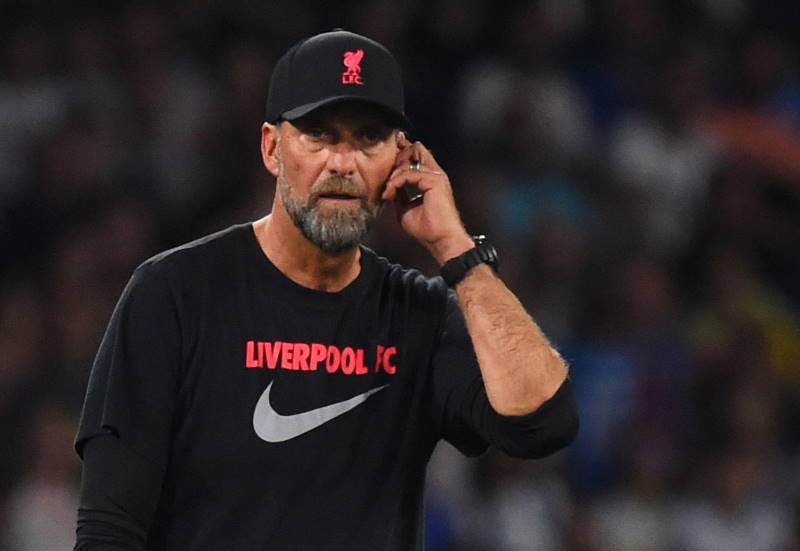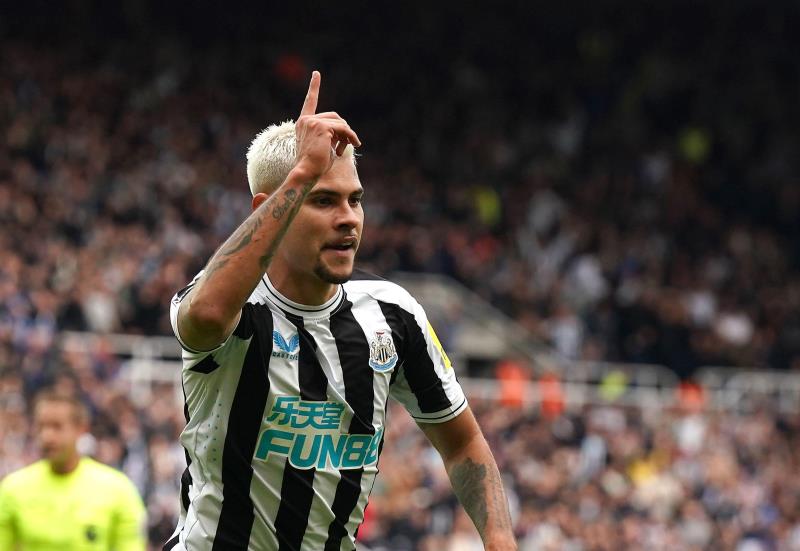
The 2011 Copa America kicks off on 1st July with a Group A clash between host nation Argentina and their northern neighbours Bolivia. The impressive 53,000 capacity Estadio Ciudad de La Plata is the venue for the opener, before the tournament heads out into the distant provinces of this football mad country.
The pressure will be on Sergio Batista’s Argentina from the off and on home soil nothing but winning the trophy will do. Their strongest challenge in Group A is likely to come in the form of an improving Colombia side. However, with an inexperienced Costa Rica outfit and a Bolivian team that always travels poorly making up the numbers in this group, tougher tests are likely to wait ahead.
Nonetheless with the best two third placed teams also progressing from the group stages, every game will be keenly contested. There is an opportunity for at least one of the tournament’s rank outsiders Bolivia and Costa Rica to make the last eight.
We look at the teams making up Group A:
![]() Argentina
Argentina
The country is hosting the Copa America for the ninth time, having staged the first tournament then known as the South American Championship back in 1916. Argentina are the joint most successful team in the history of the competition, alongside Uruguay who also have 14 titles. Recent history has been far less kind however, and after winning the 1993 Copa America in Ecuador, the South American powerhouses failed to even make the semi-finals in any of the following four tournaments. Final defeats to Brazil in 2004 and 2007 were of little comfort and La Albiceleste will be out to avenge the 3-0 drubbing inflicted by their rivals in Venezuela four years ago.
This time around on home soil Argentina are strong favourites, boasting a talented squad that includes all their star names. The group should not provide any major tests as the national side make rare trips out to the country’s provincial cities, with matches in Santa Fe and Cordoba following the opener in La Plata.
Brazil are still likely to be Argentina’s main rivals for the crown, despite some thoroughly uninspiring performances of late. Some bookmakers even have the host nation odds-on to win the competition, extremely short odds in a 12 horse race that includes four of the 2010 World Cup quarter-finalists.
Coach: Sergio Batista
Sergio Batista, brought in to replace Diego Maradona following the World Cup exit last summer, made a positive start to his time in charge. Friendly results against the stronger nations have been good and Batista has shown encouraging signs, suggesting he may have found the formula to get the best out of the attacking talents of Lionel Messi, Carlos Tevez, Sergio Aguero and Gonzalo Higuain.
Despite this, the 48-year-old still has his doubters, who remain unconvinced by his management credentials. The former midfielder made 39 appearances for his country and won the 1986 World Cup, but has never managed a major club side. His appointment was based on his success in the Argentine youth set-up, with Batista notably leading the country to Olympic gold in 2008.
Faced with his first competitive challenge in charge of the seniors, Batista must know it is time to deliver. A first major trophy in 18 years should be enough to convince the Argentine Football Association that he is the man to lead the side into the 2014 World Cup campaign.
Key Player: Lionel Messi
An expectant Argentine public is hoping that this will be the tournament that sees Lionel Messi reproduce his Barcelona form in the colours of the national team. At the World Cup Messi failed to shine and his popularity in Argentina is not on the same level that it is in Catalonia where he is an almost God-like figure.
A return of just 17 goals in 56 appearances for Argentina is poor by the forward’s extremely high standards, but during the past year Messi has shown hints that moments of brilliance in an international shirt are soon to come. Messi got on the scoresheet in friendly wins over Spain, Portugal and Brazil and has appeared much more comfortable in the Batista set-up than during the reign of his controversial predecessor.
 Colombia
Colombia
Colombia are a proud football nation, but the team has endured a baron decade since hosting and winning the 2001 Copa America. The manner of that victory was supremely impressive, with Los Cafeteros winning all six of their games without conceding a single goal; Colombia have failed to build on that success though. Three World Cup qualifying campaigns running, the country have narrowly missed out on making it through to a very winnable playoff match. In 2002 Colombia missed out to Uruguay on goal difference, while in 2006 and 2010 the side finished a single point behind the fifth placed Uruguayans.
The Colombians will fancy their chances of progressing from this group however and have been known for the odd inspired performance in their turbulent footballing history; a 5-0 win over Argentina in 1993 in Buenos Aires has lived long in the memory. The days of the likes of Carlos Valderrama, Freddy Rincon and Faustino Asprilla are long gone though and it is a new generation who will be attempting to shock their South American contemporaries this time around.
There is a feeling that the current squad may be approaching their peak with a number of players in their early to mid twenties, but with a fair amount of international experience behind them.
Coach: Hernan Dario Gomez
The 2010 appointment of the Medellin-born Hernan Dario Gomez came as something of a blast from the past for the Colombia faithful. The 55-year-old was a part of three World Cup campaigns in the 1990s, twice as then-coach Francisco Maturana’s assistant, before leading the side at the 1998 World Cup in France. Gomez also managed at the 2002 World Cup, taking charge of Ecuador so is no stranger to the rigours of major international competitions.
The coach has so far employed a fairly defensive system during his second spell as Colombia boss and is likely to go with only one up front in Argentina. Gomez will be looking to the likes of Falcao and Hugo Rodallega for goals while experienced AC Milan defender Mario Yepes will be a calming influence at the back.
Key Player: Fredy Guarin
A side which has, at times, appeared lacking in creativity, will be looking to Fredy Guarin to unlock defences during the tournament. The 24-year-old heads to Argentina off the back of a treble winning campaign with FC Porto, and also has an eye for a spectacular goal; he scored five times during the 2010/11 campaign. Guarin will be ably supported by Napoli’s attacking full-back Camilo Zuniga and the right flank will be Colombia’s most dangerous outlet.
 Costa Rica
Costa Rica
Costa Rica were drafted in as late replacements for Japan and will be taking part in their second major tournament in as many months having just competed in the CONCACAF Gold Cup. A disappointing quarter-final exit to Honduras in the United States has left the Central Americans eager to restore some pride as they head south to take part in their fourth Copa America.
After Ticos’ participation in the Gold Cup, coach Ricardo La Volpe has opted to rest star players and send what is effectively an Under-23 team to Argentina. The squad has also been rocked by the death of defender Dennis Marshall, who died in a car crash only five days after scoring Costa Rica’s goal in their Gold Cup departure.
Coach: Ricardo La Volpe
There is a certain amount of pressure on the shoulders of the Costa Rican coach. The former Mexico boss has not exactly hit the ground running since taking over from Ronald Gonzalez last September and fielding a squad whose most experienced player has just 12 caps could backfire on La Volpe. Indeed there is a real danger that Costa Rica could fall well short of the standard required to compete in Latin America’s premier international tournament. The 59-year-old Argentine can at least take a sneak peek at the next generation and if La Volpe’s gamble pays off, many of this youthful squad could go on to form the backbone of the side by the time the 2014 World Cup qualifiers roll around.
Key Player: Joel Campbell
The talented teenage striker is getting people talking both in Costa Rica and further afield. On the back of the CONCACAF Under-20 Championship earlier in the year in which he finished top scorer, Campbell earned a first call-up to the full side for the Gold Cup. He made two appearances and caught the eye with a stunning left-footed strike against Cuba.
The skinny forward, who turns 19 in the week before the Copa America, has captured the imagination of the Costa Rican public and is certainly one of the hottest young properties to keep an eye on this July.
 Bolivia
Bolivia
Somewhat incredibly, Bolivia’s last two victories in international football were over South American powerhouses Argentina and Brazil. However, it is difficult to envisage the Bolivians succeeding in a similar fashion in this year’s Copa America. Those two famous results came back in 2009 and were in no small part down to the altitude of La Paz; Bolivia’s capital city is perched at 3,600m above sea level.
La Verde have had a desperate time in this tournament since making the final on home soil back in 1997. The build-up to the 2011 edition has included defeats to the likes of Latvia and Panama and it will take a major footballing miracle if there is to be a repeat of their 6-1 World Cup qualifying victory over Argentina when the sides meet in the competition opener.
Bolivia will be targeting their clash with Costa Rica, which takes places only a few hours drive south from the Argentine-Bolivian border in the city of Jujuy, as an opportunity to get a win on the board. The game should attract a sizeable Bolivian following and victory could be enough to secure one of the best third place spots which mean passage through to the quarter-finals.
Coach: Gustavo Quinteros
The Argentine-born coach made 26 appearances for Bolivia as a player including two at the 1994 World Cup. Quinteros’ managerial career has taken in several clubs in both the country of his birth as well as Bolivia before he was handed the Bolivian national team job in November 2010. Under the stewardship of the 46-year-old, Bolivia have looked solid defensively, as demonstrated during the recent 0-0 draw in Paraguay, but have lacked any real creative spark going forward.
Key Player: Ronald Garcia
An important defensive midfield anchor man, Garcia has played a key role in most of Bolivia’s more notable recent results. After five years in Greek football with Aris Salonika, the 30-year-old is now back in his homeland for a third spell with La Paz’s Club Bolivar and plays alongside many of his international team-mates.
Garcia and also inconsistent forward Marcelo Moreno will need to have good tournaments if they are to avoid a fifth straight first round exit in the Copa America.
>> 2011 Copa America Preview – Group B
>> 2011 Copa America Preview – Group C
>> Inside Betting: 2011 Copa America Top Goalscorer
>> Inside Betting: 2011 Copa America Outright
>> 2011 Copa America – Players to Watch in Argentina
>> Mano Menezes Brilliant Brazil Bid to See Off

